Can you introduce yourself and how you got into the tech industry?
My name is Melissa Ezechukwu, and I’m a digital strategist and consultant. That means that I advise individuals and organisations on the best ways to present themselves online and reach their audiences. I help them use digital channels and online tools effectively and strategically and guide them in creating products and services that their users will actually use and value.
I got into the tech industry by accident. I had considered journalism when I was at university; I wrote for the student newspaper a little bit, and I published a book of short stories when I was there, so I always wanted to get into writing. However, when I graduated with a mountain of debt, I realised that I couldn’t afford to pursue that career - many of the journalism internships at the time were unpaid. After being skint the whole time I was at university, I was desperate to earn some money! So I started looking around for other types of jobs that would allow me to write. I ended up taking a job as a staff writer on a charity website.
Over time that job morphed into assistant web content editor because it was more than just writing and putting content on the site. I also put together email newsletters, digital marketing and helped set up and run the charity’s social media accounts. I decided that I was quite good at the website/digital stuff, and I enjoyed it, so I ran with it. I hopped around a lot, picking up bits of experience in lots of different areas such as graphic design, HTML coding, managing digital strategies and teams, and later on, getting more involved in user experience and consultancy.
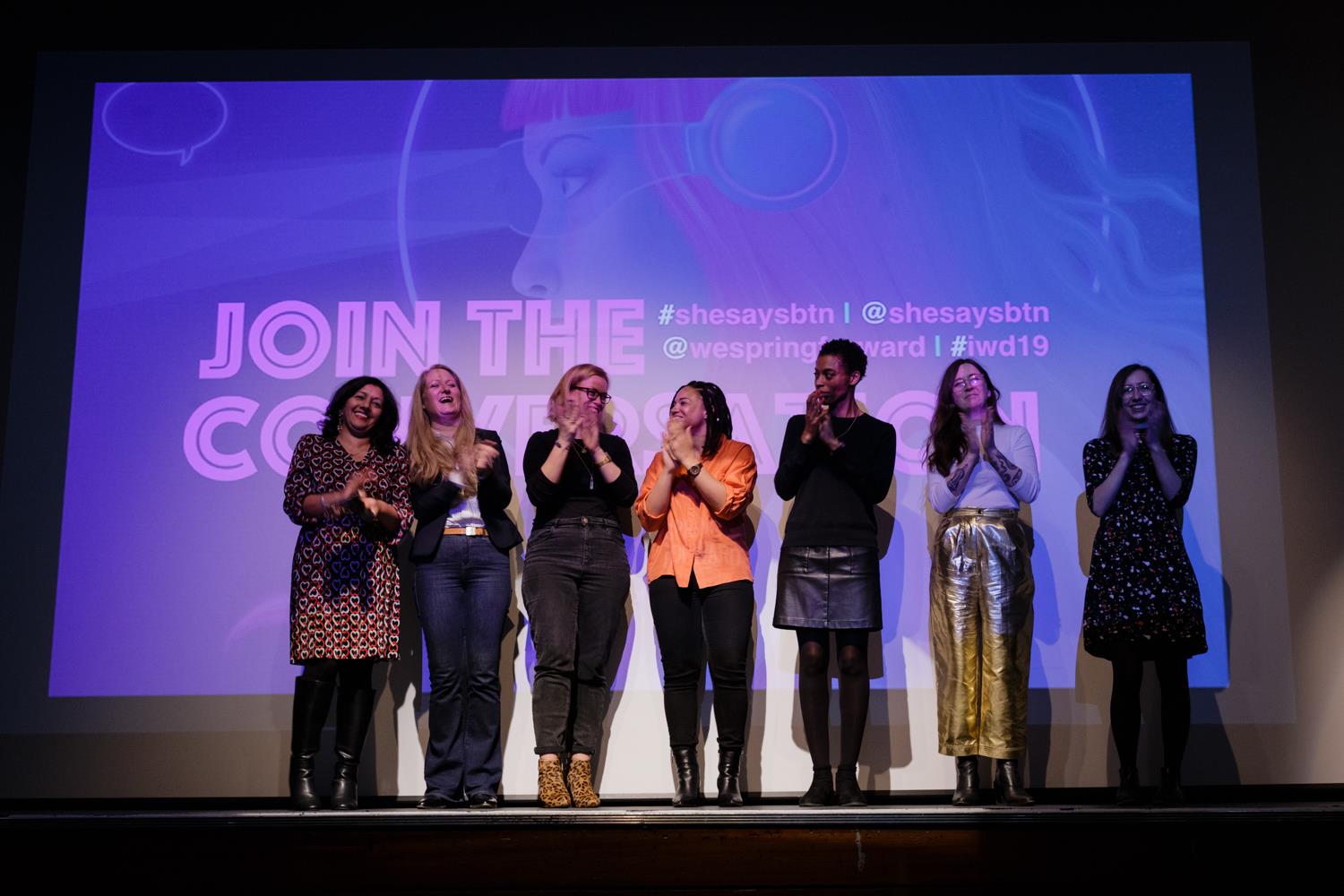
Tell us a bit about your journey in the industry, from working for others to now being freelance?
I’ve been working in the digital industry for about 14 years now, predominantly focusing on charities and non-profits. I’ve hopped around a lot, working for private companies and a tech start-up, so I’ve done a bit of everything. I’ve enjoyed the variety and experience that I’ve been able to get from my career and all of the different people I’ve been able to meet - but I always felt like perhaps something was missing.
As I’ve gotten older, I’ve started to interrogate what I want more - I realise I’m a person that likes variety and new challenges. I don’t thrive staying in one place for long periods and doing the same thing. I thought freelance could fulfil that need, so I took the leap in 2020 (after much thinking and planning).
My timing was a bit iffy (just before the pandemic), so there were some moments of panic and wondering what the hell I’d done, but so far, it seems to be going ok. It can be a bit scary, and you do have to hustle, but the feeling of getting paid and knowing you’ve created that opportunity for yourself is empowering.
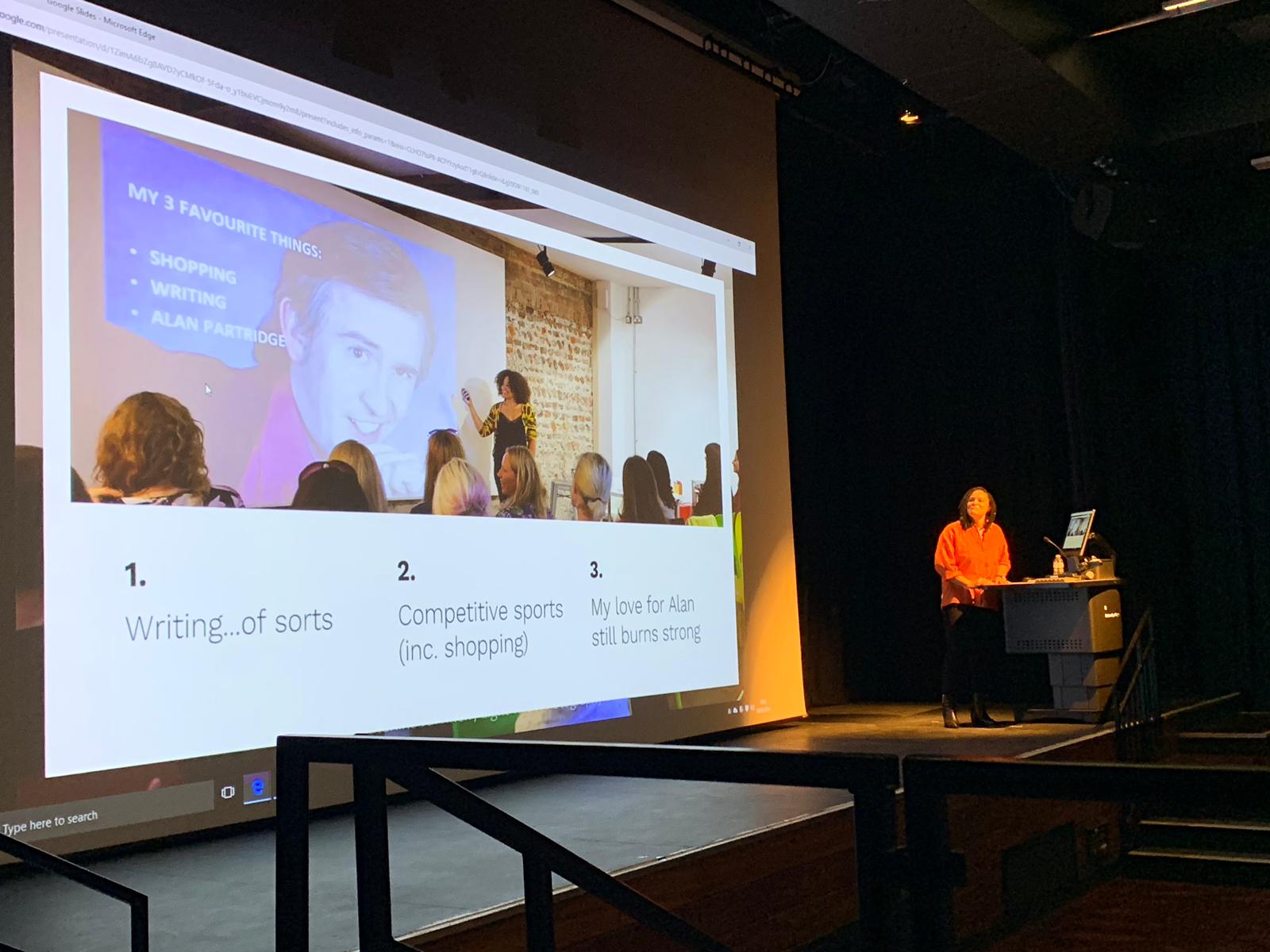
What inspired you to make that change?
It was a considered decision over many years and influenced by many things, but the overwhelming reason was: control. I wanted to control how I planned my life, what I worked on, who I worked with, where I worked, how much I commuted, how much I earned, etc. Sometimes [if] you can’t change the environment you’re in, you have to change how you participate in it.
There are, of course, pros and cons to working for yourself, and it’s not for everyone. I’m learning more about myself as I embark on this journey, and it may be that I change my mind later on down the line. But that’s the beauty of life - you might try something, and it doesn’t work, so you try something else!
What do you enjoy about what you do?
I love getting hold of a meaty problem and trying to find a solution to it. I love the psychological and analytical aspect of trying to understand your users, their motivations and desires, and how you cater to a digital experience to meet those things. And I love meeting lots of different people and helping them to do things better. The satisfaction for me comes from feeling like I’ve made some sort of impact, and I think that’s what’s driven me towards working with charities and non-profits more than anything.
Cisgendered white men largely dominate the tech industry. As a black woman working in tech, what impact does this have on you?
It has definitely been challenging, and I’ve certainly had my dark periods. What I find so draining is that so much effort has to go into your presentation - not just physically, but how you talk to other people and how you want to come across. For example, If you assert yourself or disagree with someone, it’s very easy for you to be labelled as aggressive or difficult, whereas other people might be called ‘passionate’. I have also had to deal with others trying to steal or take credit for my work along the way, so it can feel like you’re constantly clamouring for recognition, which can become quite exhausting, particularly if you’re working for a big organisation.
I’ve also experienced tokenism. People want to put you front and centre in their photography, on their website or literature so that they can boast about their diversity metrics, even though you might be the only person of colour that’s working in their organisation. All of this can be enraging, but personally, it’s also given me a lot of drive. I can’t stand unfairness, so that has always pushed me to speak up for myself and make sure that I’m taking up space where I can.
Also, as I’ve got older, I do give less of a s*** about what people think of me, and I won’t bend myself to fit someone else’s idea of me.
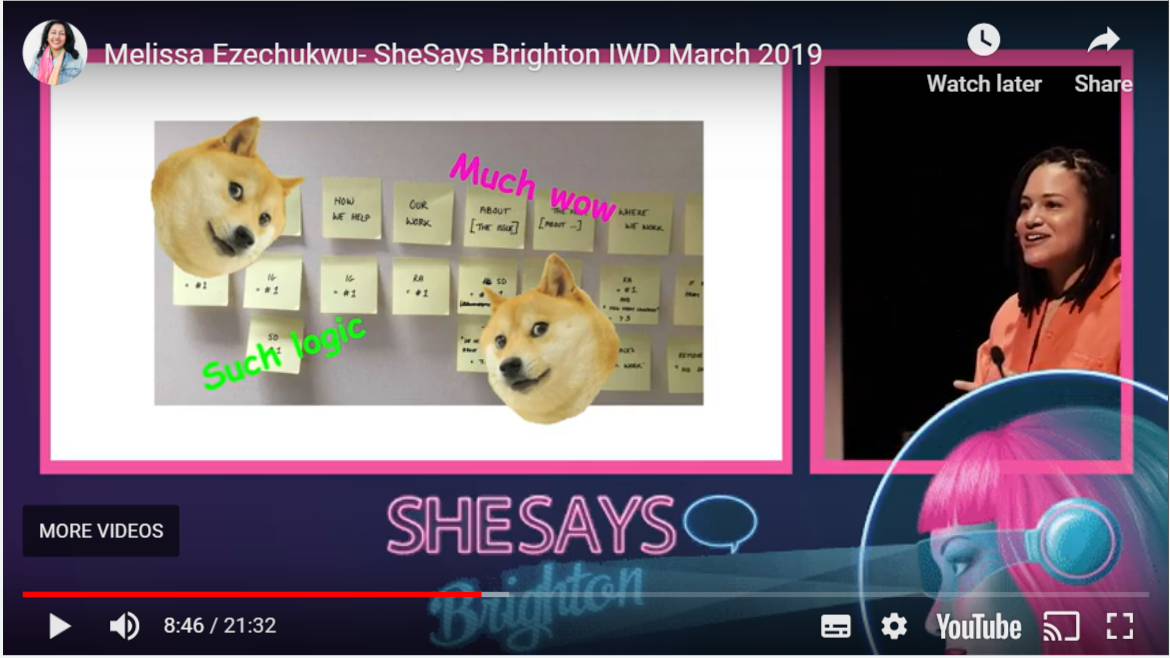
Have you faced any challenges as a direct result of this?
Absolutely. It’s a cliché, but sometimes you feel like there is a glass ceiling above you, and you’re just screaming into it. I can think of a couple of very clear occasions where I’ve just wanted to give up and cry at the unfairness of it all.
One was where a white man was given a role that I could have done, and although he was earning double my salary, I was still expected to coach him in his role and send him past examples of my work so that he could ‘adapt’ (read: copy) them! On another occasion, a female colleague and I were working to help develop an AI product that was incredibly successful for the company. We were the only women working on that product team. However, whenever that product was spoken about or when it came to rewarding people with promotions, etc., my female colleague and I were largely written out of the narrative.
It’s really frustrating because often, things like this are very difficult to prove. Often you know you’re being treated unfairly, but you don’t have tangible evidence.
When you’re a Black woman, you’re both invisible and also hyper-visible at the same time. You can be overlooked for promotions and pay rises and your contributions ignored or undervalued, but at the same time, if you make a mistake, voice dissent, or happen to have your natural hair out then, there’s nowhere to hide. You become known as the ‘angry Black woman’, or the one with the ‘big hair’ that we can grab fistfuls of ([which] has actually happened to me, in numerous workplaces).
Similarly, what impact would you say this had on the output of the industry itself?
I think that the lack of diversity and representation in the tech industry - particularly within fields like AI and facial recognition - represents as big a threat to the human race as something like climate change. When you think about what technology is doing at the moment, it is shaping our world. It’s not just giving us tools to do stuff or make our lives easier; it’s dictating the results of elections; it’s changing our behaviours and how we view each other; it’s delivering services that our lives depend on. Tech has the potential to create a more accessible harmonious world or divide and marginalise people further within it.
When you consider that the people who helm these tech companies and design these products by and large look and think the same, that is very dangerous. It has the potential to re-shape our world along with their very narrow worldview and further entrench existing biases and divisions.
There’s a rather blunt saying that is used in tech called ‘sh*t in, sh*t out’, and what that means is that the end result - the quality of the thing you’re designing - is going to be defined by what goes (or doesn’t go) into making that product. So if you’re building an AI, say, and you’re giving it a dataset to learn from, but that data is very limited, then the AI itself will be limited and may not perform as you wish it to or as it should.
For example, studies show that facial recognition technology is much more likely to misgender dark-skinned black women or not recognise their faces at all. The error rate is far higher than it would be for, say, a white male, and that could be down in large part to the datasets that the technology is trained on, with an over-reliance on lighter-skinned / Western male faces. Now imagine a world where access to services or your very freedom is dependent on a system to recognise your face accurately.
The scary part is that we know we’re designing products and systems with these inherent biases baked into them, and yet we’re moving quickly to roll out things like facial recognition tech for use by the UK police force. It’s so important to have people of different races, genders, abilities and identities involved in every step of technology design and decision-making. This is the only way to ensure we’re creating tech that truly reflects and enhances our world.
Have you seen any notable changes in the industry since your time there?
Yes, the good news is I have seen positive changes happening since I started my career. For a start, people are talking about this stuff more than ever - and it’s staying on the agenda, rather than just being a talking point for one month a year. Also, there are so many initiatives, scholarships and small grassroots activities to get more women of colour into tech. You can always find great opportunities in communities like Ada’s List, She Says, and TLA Black Women in Tech.
You also have things like accelerator funds and initiatives designed specifically to help black entrepreneurs fund their start-ups. Helping people create their own things and pay it forward in our own communities is a key way to improve that representation.
We also see big tech companies make the right moves in certain areas. For example, in 2020, IBM said they would be looking to reign in their facial recognition technology specifically because they were worried about it being used for racial profiling in the US. If we are to see real change, we need the big tech companies to lead on this and set the example.
What more could be done to make the tech industry more inclusive? What is missing in your opinion?
It has to come from the top. The education needs to be done with the people running these companies and have the power to make decisions. A lot of the time, I think it’s very easy to give the job of improving diversity to the sole black or brown person in the company, but actually, it’s not their problem to take ownership of racism. It is a problem that white people should be taking ownership of, and they need to make sure that they are committing the time, effort and most importantly, the money to be part of the solution. If you genuinely care about diversity, it might mean that if you run a graduate or internship scheme, you commit to seeking out more Black talent for that.
Another important aspect is ensuring that we have more female and Black VCs - these are the people that put forward the investment in start-ups. Currently, black women get a tiny sliver of all investment that goes to start-ups, making it so difficult for varied talent and new ideas to rise to the top.
If you’re a person of colour working in tech, I think one of the most important things you can do to help bring about change is just to hang on in there! You’re making an impact just by being there, so go out to events, talk to other POC and show them what’s possible.
Do you think being inclusive of POC in the tech industry would help solve some of the issues with the tech we use today, like facial recognition, for example, and the biases that come with that?
Absolutely. Being a POC brings an inherent experience and difference in thinking that a white person is never going to have. This is so valuable when it comes to designing any product that will be used by or affect other POC. All of us have our own biases, though, so the buck shouldn’t stop at race. Developing truly inclusive and unbiased technology will involve drawing in people from many different communities and identities.
What advice would you give to young WOC who want to enter the tech industry but may be put off by the lack of representation?
My first piece of advice would be: don’t feel you have to be an expert to get involved. Don’t be intimidated by other people in the industry. The great thing about tech is that it is so fast-moving and always changing. Everyone is always learning, so it’s impossible to be an expert on anything truly. It’s ok to admit that you don’t know something and then go away and find out the answer. And there’s never been more free resources out there - whether you want to learn coding or digital marketing, the internet is a goldmine.
My second piece of advice is to find your crowd. Sometimes you will be working in places where not a lot of people look like you or perhaps ‘get you’. That’s why it’s really important to maintain networks outside of work and draw validation from places other than just your workplace. For example, I’m part of a Slack group for black women in tech, and on there, you’ll find a welcoming community of WOC who can mentor, give advice, share opportunities etc. It’s a great way to meet people and build connections in your career. I would say use the power of your network, rather than just your workplace alone, to help elevate you in your career.
My final piece of advice is: try to work out what your values are and what your deal-breakers are. Are there certain things you want to learn or people that you want to be around? Alternatively, are there behaviours or things you’re not prepared to accept in your working life? Knowing this will help you apply for the jobs that are right for you and help you find environments and communities where you’ll thrive.
Where can people find you?
You can learn more about me and the work I do on my website: https://melezechukwu.com and I also occasionally lend my thoughts to LinkedIn: https://www.linkedin.com/in/melissaezechukwu/ and Twitter: @MelEzechukwu

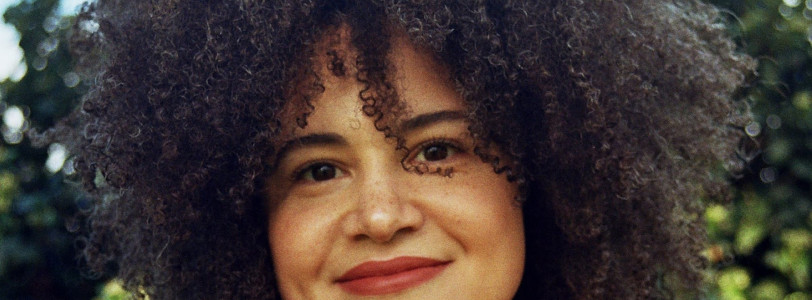
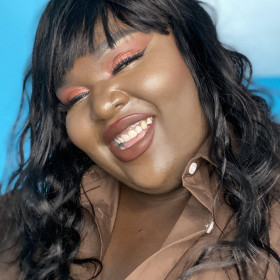
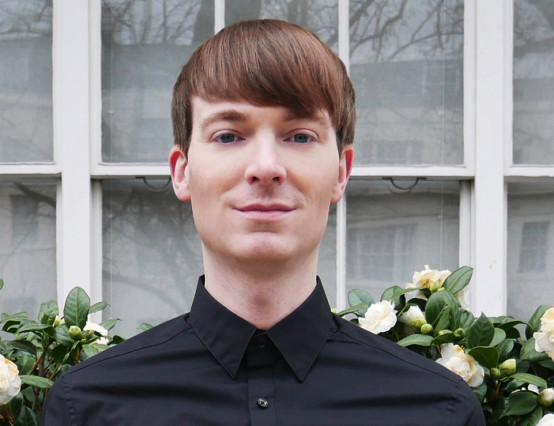
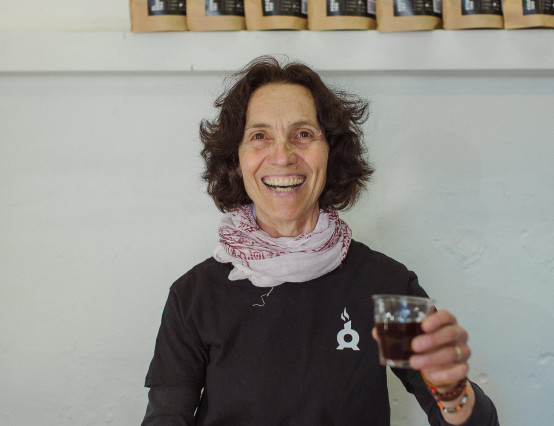
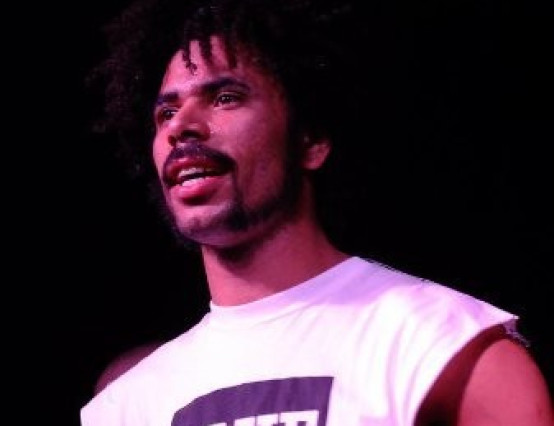


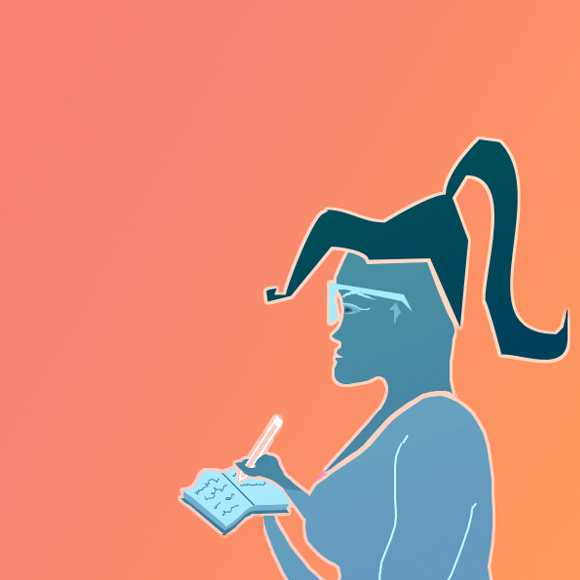
0 Comments